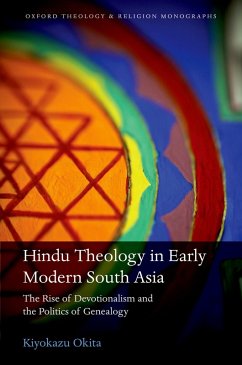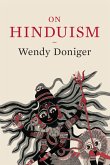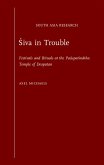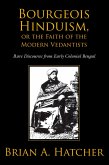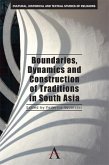Focusing on the idea of genealogical affiliation (sampradaya), Kiyokazu Okita explores the interactions between the royal power and the priestly authority in eighteenth-century north India. He examines how the religious policies of Jaisingh II (1688-1743) of Jaipur influenced the self-representation of Gaüiya Vai¿¿avism, as articulated by Baladeva Vidyabhüäa (ca. 1700-1793). Gaüiya Vai¿¿avism centred around God K¿¿¿a was inaugurated by Caitanya (1486-1533) and quickly became one of the most influential Hindu devotional movements in early modern South Asia. In the increasingly volatile late Mughal period, Jaisingh II tried to establish the legitimacy of his kingship by resorting to a moral discourse. As part of this discourse, he demanded that religious traditions in his kingdom conform to what he conceived of as Brahmäicaly normative. In this context the Gaüiya school was forced to deal with their lack of clear genealogical affiliation, lack of an independent commentary on the Brahmasutras, and their worship of Goddess Radha and K¿¿¿a, who, according to the Gaüiyas, were not married. Based on a study of Baladeva's Brahmasutra commentary, Kiyokazu Okita analyses how the Gaüiyas responded to the king's demand.
Dieser Download kann aus rechtlichen Gründen nur mit Rechnungsadresse in A, B, BG, CY, CZ, D, DK, EW, E, FIN, F, GR, HR, H, IRL, I, LT, L, LR, M, NL, PL, P, R, S, SLO, SK ausgeliefert werden.

